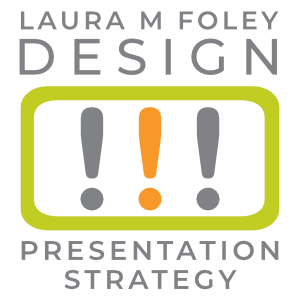How many times have you heard somebody say, “Oh, everybody knows that!” If you happen to belong to the lucky group that “knows that,” you may smile and nod sagely. But if you’re out of the loop it can make you feel foolish to hear these words. Something happened to me recently that clearly demonstrates that depending on one’s perspective, common knowledge isn’t always universal.
I brought my oldest son to an orthodontist appointment one Friday morning in July. We arrived early, but the office door was locked and all the lights were out. A sign on the door said that the office was closed for renovation and that the orthodontist would be seeing patients in one of two offices, each of which is about 20 minutes away from where we currently were.
I called the number on the sign to confirm that we had an appointment and the receptionist assured me that it was still on. “But I’m at your office and it says you’re closed.” “Oh, we’re never at that office on Fridays! The doctor always works out of this office on Fridays.” We were able to arrive at the other office only 15 minutes later than the original appointment time, so luckily we didn’t need to reschedule. But the experience was an excellent lesson about making assumptions.
The receptionist lives with the fact that she works out of a particular office on Fridays and a different office on other days — she has to change where she shows up to work from day to day. My son is a new patient and this was our second visit, the first having been several months earlier. I had no idea that there were any locations other than where we’d been before, and we’d had no contact from the office in that time.
Something similar happened to me earlier this year, when a salesperson from the auto dealership my family and I have been doing business with for six years casually mentioned the fact that they would be moving to a different town. Old hat to them, news to me! (Read about this exchange.)
How does all of this relate to PowerPoint? Well it shows that you can’t make assumptions about what your audience knows about the subject you’re presenting. An annual shareholder meeting is a perfect example; this audience convenes once a year, so the presenters must communicate all the developments that have occurred in that time. Even if your company has been working day and night to get Product X out the door, your clients probably don’t know about it, so you shouldn’t talk about it like it’s old news. It makes people feel neglected, not a good feeling to instill in one’s clients!
If you don’t know what your audience doesn’t know…ask. That’s how you can determine whether you need to explain things step by step or launch right into your subject. Don’t waste people’s time either by presenting confusing information or boring them with needless explanations. It’s like they say, never assume or you’ll make an ASS out of U and ME.
Photo credit: keyseeker from morguefile.com
